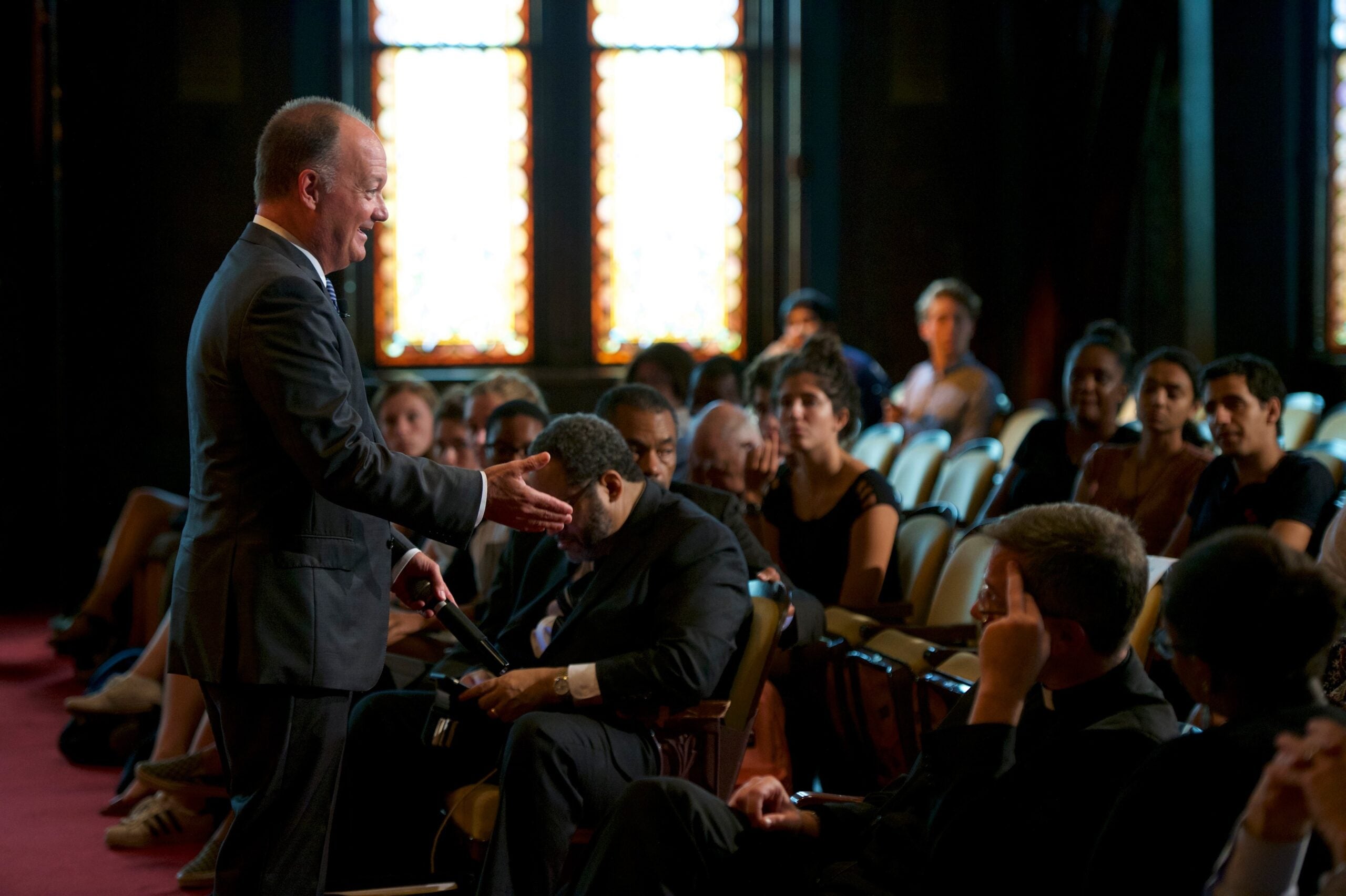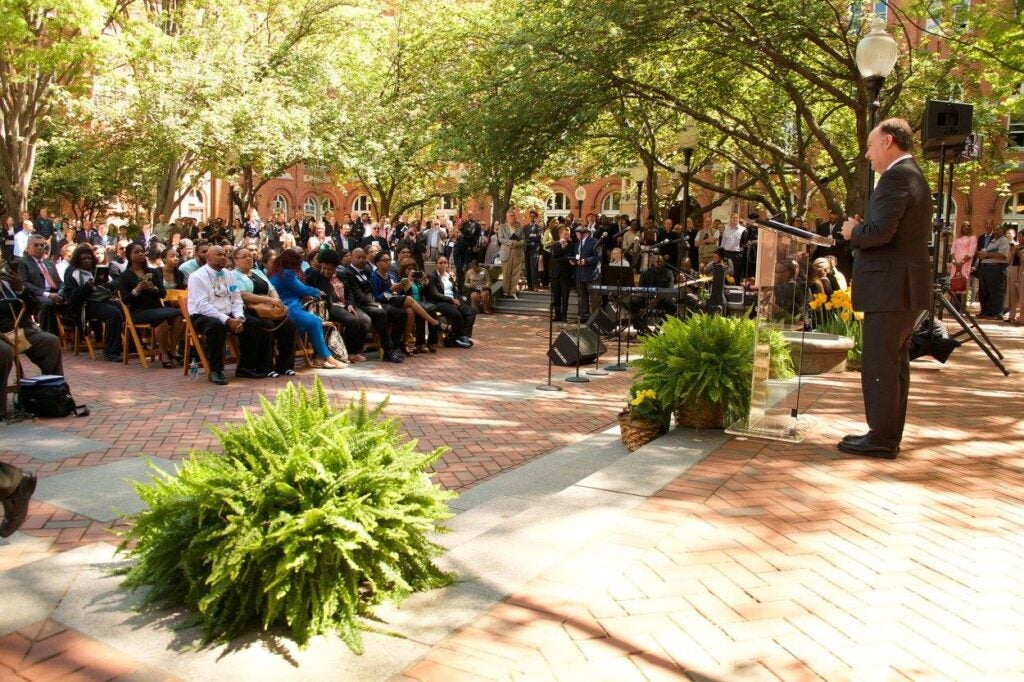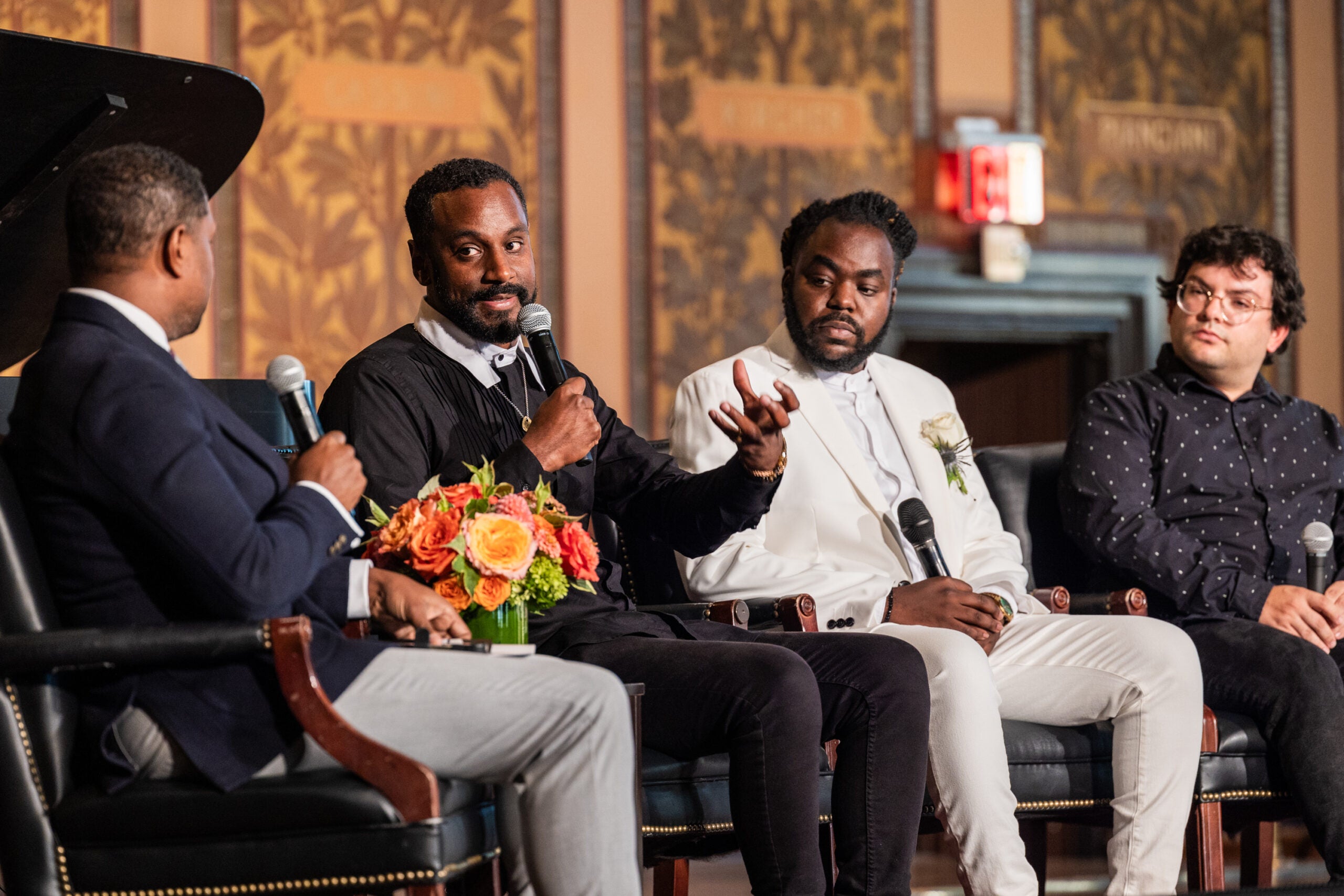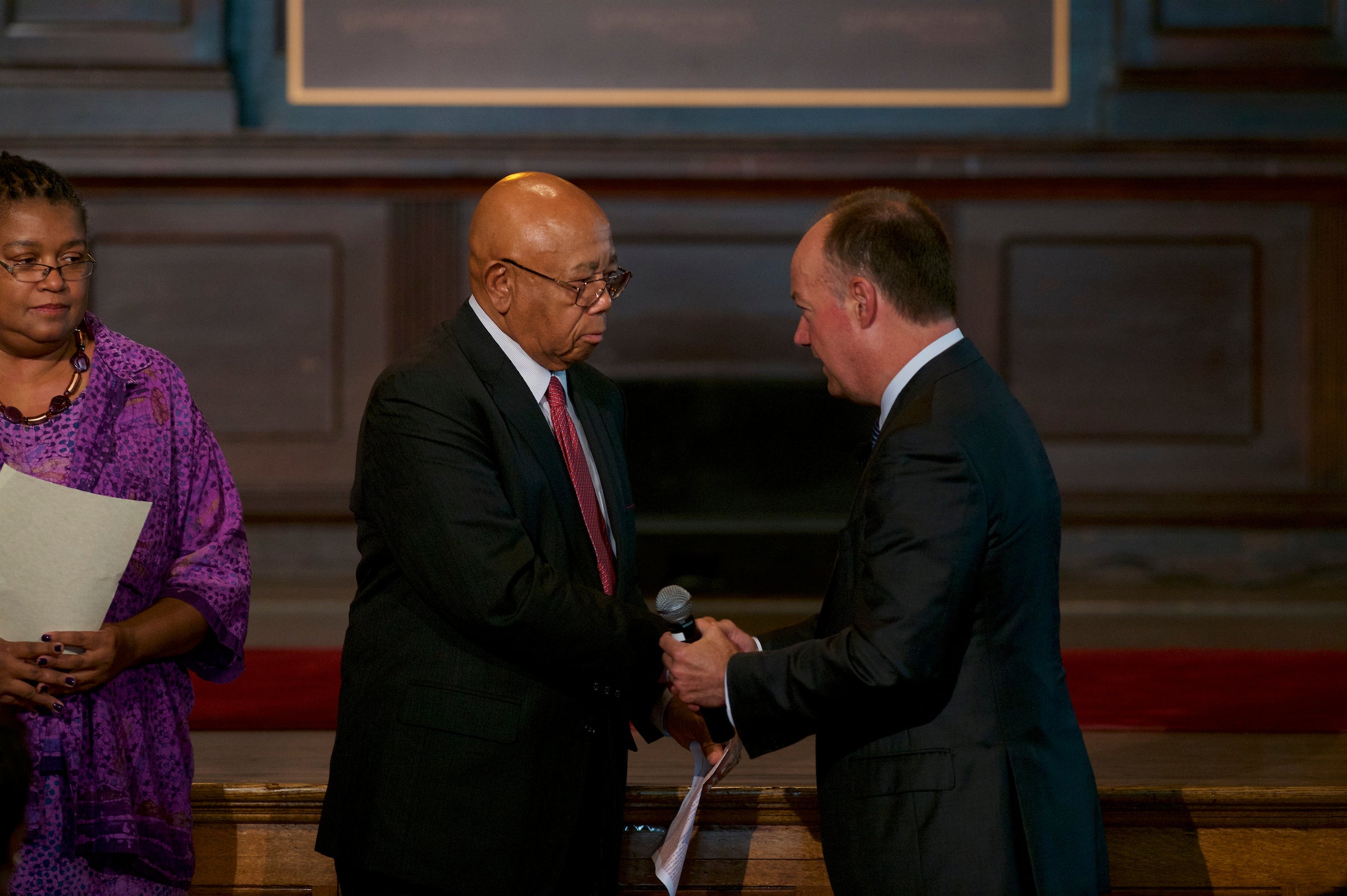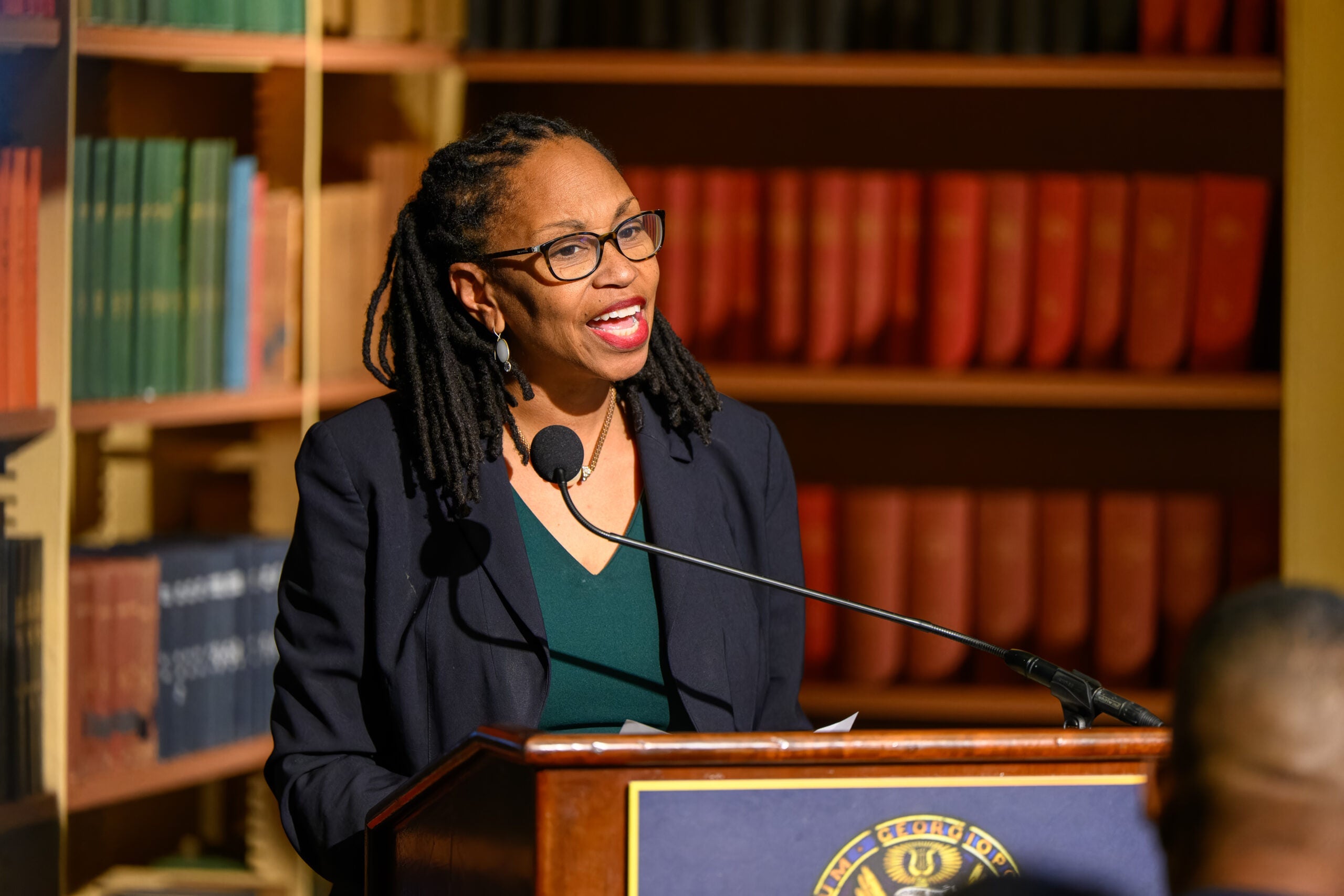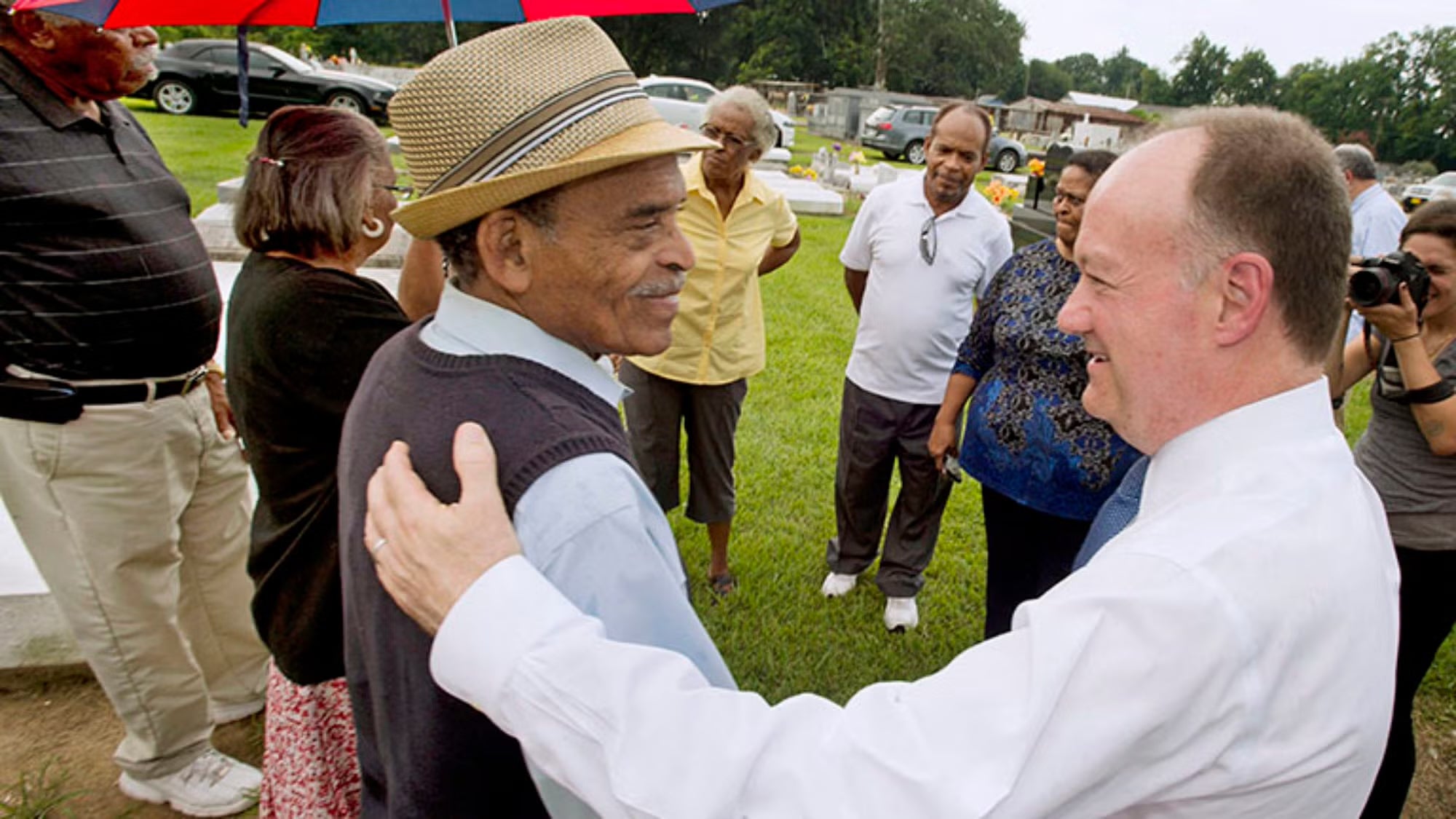The Working Group on Slavery, Memory, and Reconciliation
The recommendations provided by the Working Group on Slavery, Memory, and Reconciliation initiated a series of long-term efforts to reconcile the University’s history with slavery, including through academic and research initiatives, public history and memorialization, and Descendant engagement.
Read the Report